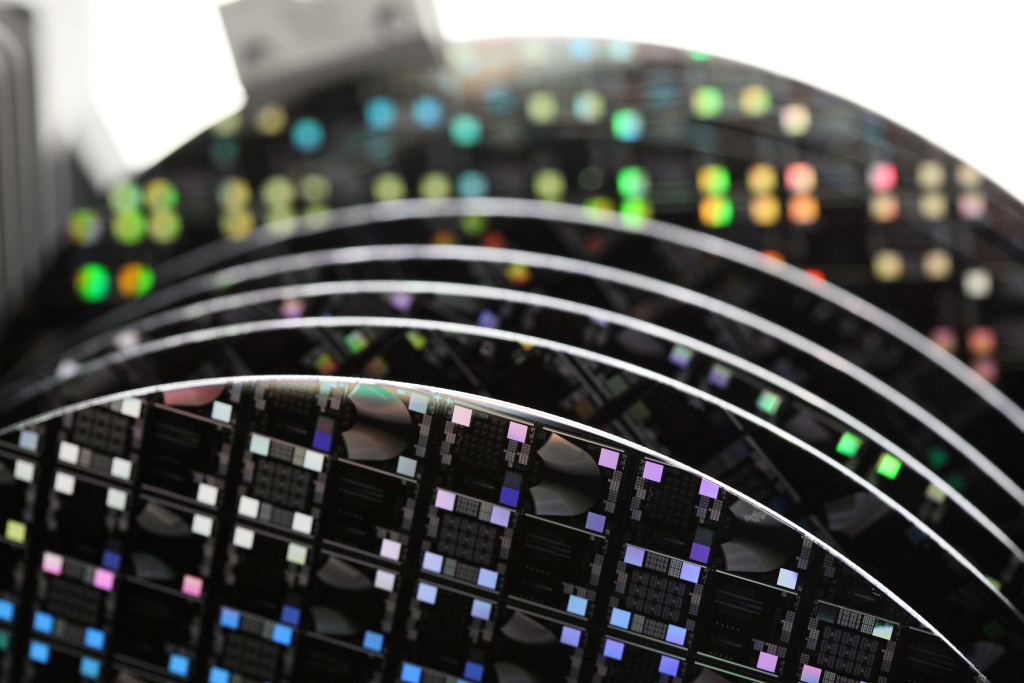Specific Process Knowledge/Lithography: Difference between revisions
| Line 228: | Line 228: | ||
=Training= | =Training= | ||
<span style="background:#FF2800">THIS SECTION IS UNDER CONSTRUCTION</span>[[image:Under_construction.png|200px]] | <span style="background:#FF2800">THIS SECTION IS UNDER CONSTRUCTION</span>[[image:Under_construction.png|200px]] | ||
| Line 239: | Line 237: | ||
*[http://onlinelibrary.wiley.com/doi/10.1002/9781119990413.ch9/pdf Franssila, 2010, Chapter 9: Optical Lithography] | *[http://onlinelibrary.wiley.com/doi/10.1002/9781119990413.ch9/pdf Franssila, 2010, Chapter 9: Optical Lithography] | ||
*[http://onlinelibrary.wiley.com/doi/10.1002/9781119990413.ch10/pdf Franssila, 2010, Chapter 10: Advanced Lithography] | *[http://onlinelibrary.wiley.com/doi/10.1002/9781119990413.ch10/pdf Franssila, 2010, Chapter 10: Advanced Lithography] | ||
*[http://www.microchemicals.com/downloads/application_notes.html Application Notes from MicroChemicals] | |||
*[http://www.microchemicals.com/support/troubleshooter.html Lithography Troubleshooter from MicroChemicals] | |||
'''<big>Spin Coating</big>''' | '''<big>Spin Coating</big>''' | ||
*[[ | *[http://labmanager.dtu.dk/function.php?module=Machine&view=view&mach=359 Training Video: Automatic Spin Coater]''' | ||
*[http://labmanager.dtu.dk/function.php?module=Machine&view=view&mach=362 Training Video: Manual Spin Coater]''' | |||
Revision as of 11:36, 29 January 2016

Feedback to this page: click here
Comparing lithography methods at DTU Danchip
| UV Lithography | DUV Stepper Lithography | E-beam Lithography | Nano Imprint Lithography | 2-Photon Polymerization Lithography 
| |
|---|---|---|---|---|---|
| Generel description | Pattern transfer via UltraViolet (UV) light | Pattern transfer via DeepUltraViolet (DUV) light | Patterning by electron beam | Pattern transfer via hot embossing(HE) | Direct writing via IR laser |
| Pattern size range |
|
|
|
|
|
| Resist type |
|
|
|
|
|
| Resist thickness range |
~0.5µm to 20µm |
~50nm to 2µm |
~30nm to 0.5 µm |
~ 100nm to 2µm |
droplet or coating |
| Typical exposure time |
2s-30s pr. wafer |
Process depended, depends on pattern, pattern area and dose |
Depends on dose, Q [µC/cm2], beam current, I [A], and pattern area, A [cm2]: t = Q*A/I |
Process depended, depends also on heating and cooling temperature rates |
Process depended, depends on pattern and dose |
| Substrate size |
|
|
We have cassettes that fit to
Only one cassette can be loaded at time |
|
|
| Allowed materials |
|
|
|
|
|
Equipment Pages
|
3D Lithography | ||
Training
THIS SECTION IS UNDER CONSTRUCTION
|
Literature
|
|
UV Resists
|
